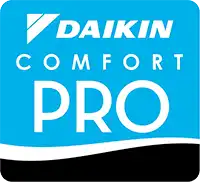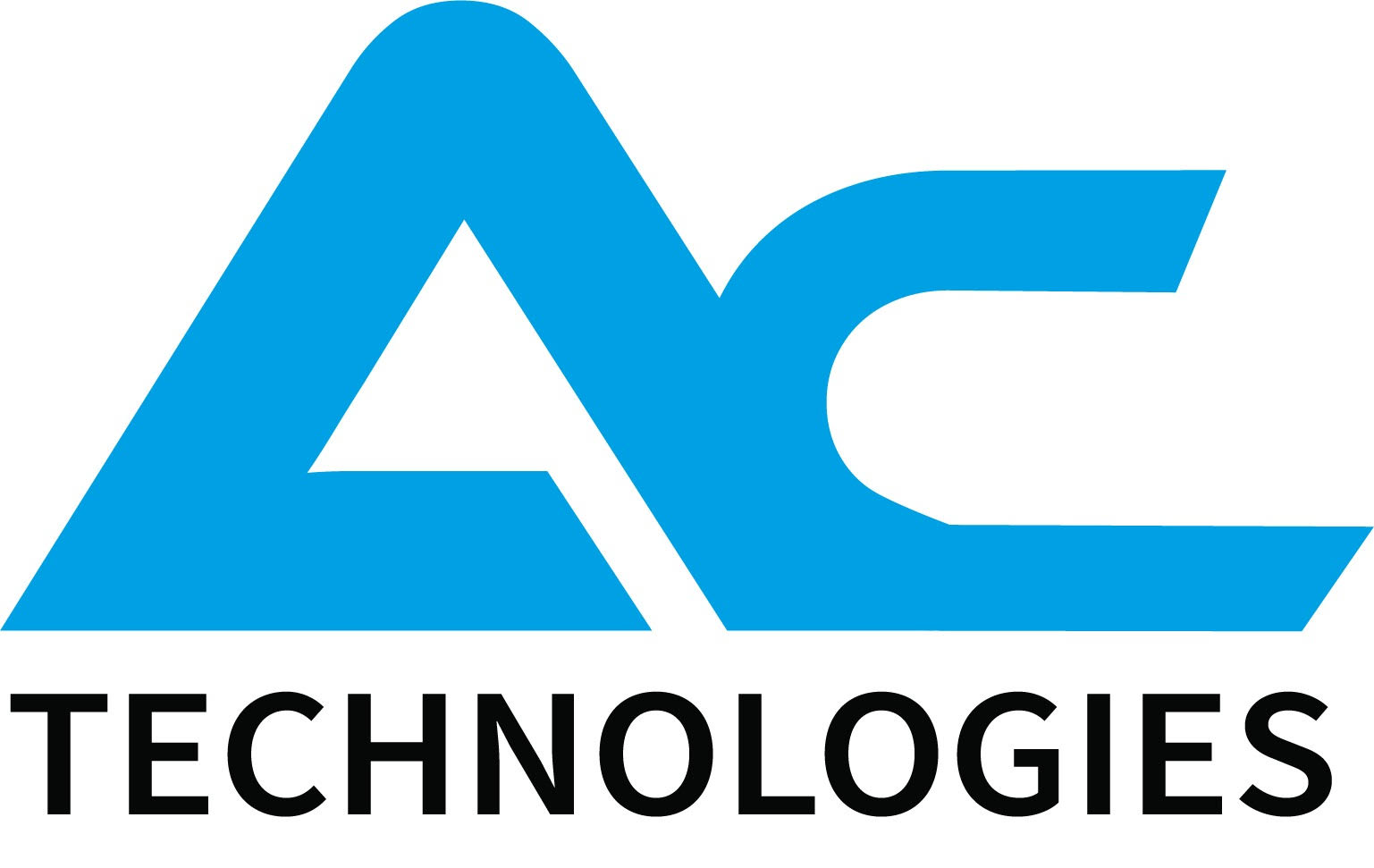An essential aspect of maintaining a comfortable and healthy living environment within your home is proper ventilation. Adequate ventilation plays a crucial role in improving indoor air quality, controlling moisture, and ensuring a more energy-efficient home. Unfortunately, many homeowners may overlook the importance of effective ventilation, leading to potential health hazards and heightened energy costs.
Proper ventilation ensures a continuous flow of fresh outdoor air into your living spaces, simultaneously removing stale indoor air. This airflow exchange helps reduce the concentration of indoor air pollutants such as allergens and volatile organic compounds (VOCs), contributing to a healthier environment for you and your family. In addition, effective ventilation minimizes the risk of mold growth and excess moisture in your home, resulting in improved comfort and reduced potential for structural damage.
Continue reading as we discuss the benefits of proper ventilation in residential spaces, the challenges associated with managing ventilation, and how our team of expert technicians can provide customized solutions to enhance your home’s indoor air quality and overall health.
1. Understanding the Different Types of Residential Ventilation
There are various types of ventilation systems available for residential spaces, each designed to serve specific purposes. An understanding of these can help you determine which solution best suits your unique needs. The following are the primary categories of residential ventilation systems:
Natural Ventilation
Natural ventilation utilizes building design and construction practices, such as strategically placed windows, vents, and openings, to promote airflow throughout your home. This type of ventilation system relies solely on natural forces (e.g., wind and temperature differences) to drive air circulation.
Mechanical Ventilation
Mechanical ventilation systems use powered devices, such as exhaust fans and air handlers, to mechanically control airflow within your home. These systems offer more consistent airflow than natural ventilation at the cost of higher energy consumption.
Balanced Ventilation
These systems combine both air intake and exhaust features in a single setup. Balanced ventilation systems operate efficiently, providing equal amounts of fresh incoming air and stale outgoing air, creating a comfortable and well-ventilated environment.
2. Evaluating and Maintaining Your Current Ventilation System
A crucial step in optimizing your home’s ventilation system is evaluating its current performance and ensuring proper maintenance. Consistent assessment and upkeep can help identify potential issues and improve overall system efficiency. Here are some vital steps to evaluate and maintain your residential ventilation system:
Ventilation Assessment
Begin by conducting a thorough assessment of your home’s current ventilation system. Examine all intake and exhaust vents, ensuring they are free of blockages or damage. Consult with our technicians for a professional evaluation and recommendations for improvements.
Clean and Inspect Ductwork
Clean and inspect your home’s air ducts to ensure they are free from excessive debris, mold, or leaks. Our professionals can provide expert duct cleaning services and guidance for optimal duct maintenance.
Proper Filtration
Ensure your home’s ventilation system has adequate air filtration in place. Regularly check and replace air filters to maintain ideal air quality and system efficiency.
3. Implementing Customized Ventilation Solutions with Our Professional Assistance
When considering improvements to your home’s ventilation, it is critical to select solutions that cater to your specific needs and requirements. Our team of expert technicians is here to assist you in choosing and implementing the most appropriate ventilation solutions for your home:
Personalized Recommendations
We will take the time to thoroughly assess your home’s unique needs and offer tailored recommendations on the most suitable ventilation solutions for your specific situation.
Expert Installation
Our skilled technicians will ensure that your chosen ventilation system is installed correctly, optimizing performance and energy efficiency.
Ongoing Support and Maintenance Services
We take pride in providing comprehensive support and maintenance services, ensuring your ventilation system operates at peak performance for years to come.
4. The Impact of Adequate Ventilation on Indoor Air Quality and Health
Investing in proper ventilation for your home not only enhances indoor air quality but also contributes to numerous health benefits. By promoting a continuous flow of fresh air within your home, you can:
Reduce Allergens and Pollutants
Effective ventilation helps curb the concentration of allergens and indoor air pollutants – such as dust, pet dander, and VOCs – providing relief for individuals with allergies or respiratory issues.
Prevent Mold Growth
A well-ventilated home helps control moisture and prevents mold growth, reducing the risk of structural damage and potential health hazards.
Improve General Health and Well-being
Proper ventilation contributes to better overall air quality within your home, fostering a healthy and comfortable living environment.
Conclusion
The importance of effective ventilation cannot be overstated when it comes to maintaining a comfortable and healthy living environment within your home. By understanding the various types of ventilation systems in Arcadia, assessing your current system, and partnering with our team of professionals at AC Tech, you can implement strategic solutions that cater to your unique needs. Contact us today to learn more about our comprehensive ventilation and AC services and how we can help you create a comfortable and healthy home through enhanced ventilation and indoor air quality management.




